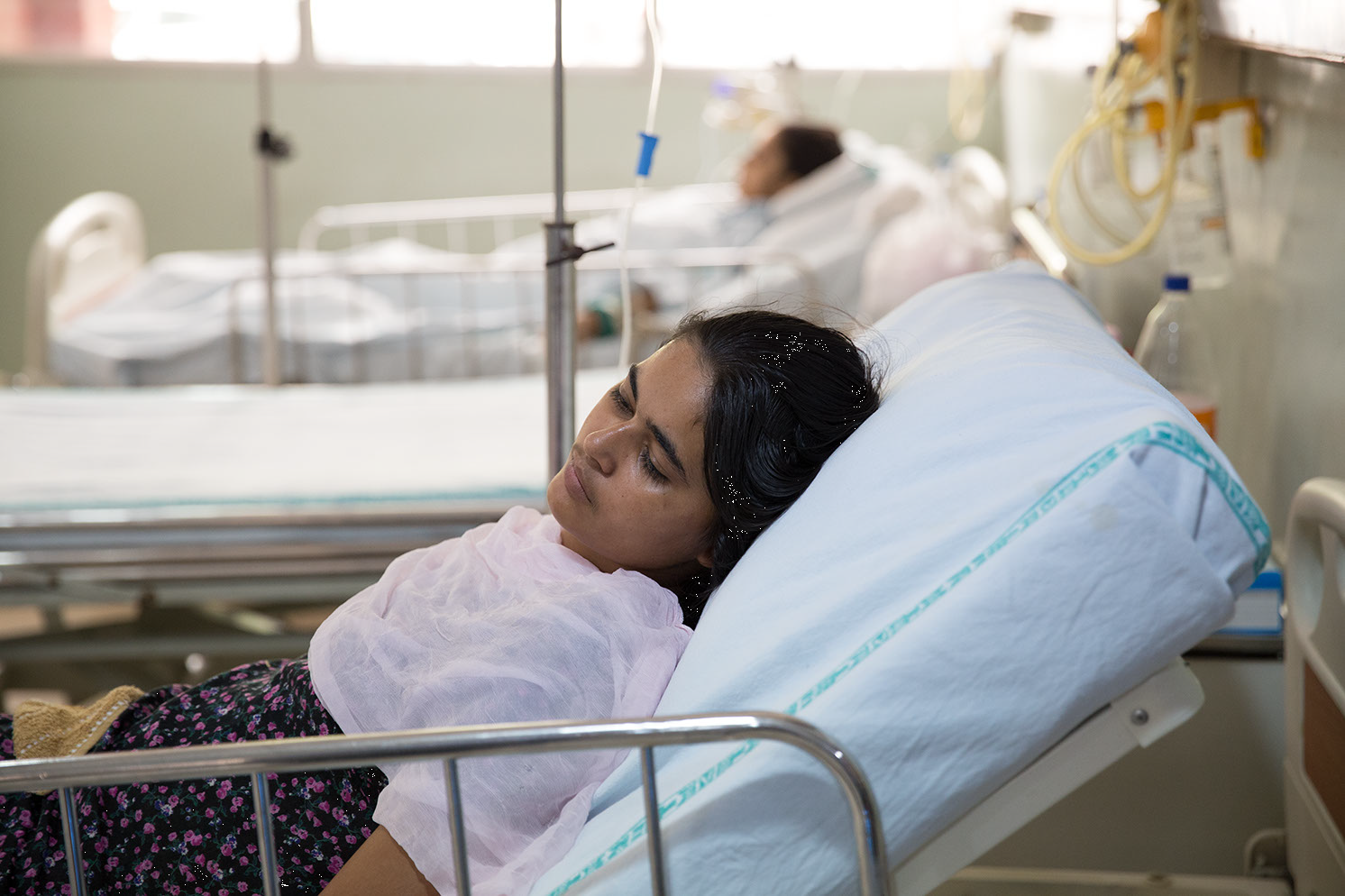About this study
Intracerebral haemorrhage (ICH), bleeding into the brain, is the most serious and least treatable form of stroke, accounting for at least 10% of the 20 million new strokes that occur in the world each year.
Patients fortunate enough to survive an ICH are at very high risk of another ICH as well as heart attacks and other serious heart-related events. Whilst there is strong evidence that these risks can be reduced by good control of blood pressure (BP), many patients do not receive any BP lowering treatment or that this treatment is inadequate.
TRIDENT aims to determine the benefits of using three different BP medications (each at half the normal dose) in a single pill on preventing another stroke. This capsule with the three medications, is called the Triple Pill. The study is hoping to enrol and treat 1500 people.
Recruitment criteria
Inclusion criteria
- Adults with a history of ICH stroke
- Average resting BP in the 130-160 mmHg range
- Informed consent provided
Exclusion criteria
- Taking an ACE-Inhibitor that cannot be switched to a specified alternative
- Unable to take the trial medication for any reason
- Unable to complete the study procedures and/or follow-up
- Abnormal liver, kidney or other organ function assessed by blood tests
- Females of child-bearing age and capability, who are pregnant or breast-feeding or who are not using adequate birth control
- Any other condition that in the opinion of the responsible physician or investigator that makes the patient unsuitable for the study
What’s involved?
If eligible for the study, you will be randomly allocated to either take either a “Triple Pill” BP lowering medications or a matching placebo (non-active) pill, once daily, for an average three-year period. You will attend your hospital clinic on an average of 9 occasions over 3 years.
During these clinic visits you will undergo some assessments including the measurement of your BP and heart rate (HR), and will be asked about any side effects, whether you have changed your medications, or have been admitted to hospital. Blood tests will be done at some visits, and you will also be asked to complete health-related questionnaires. You may be asked to undergo an MRI scan.


